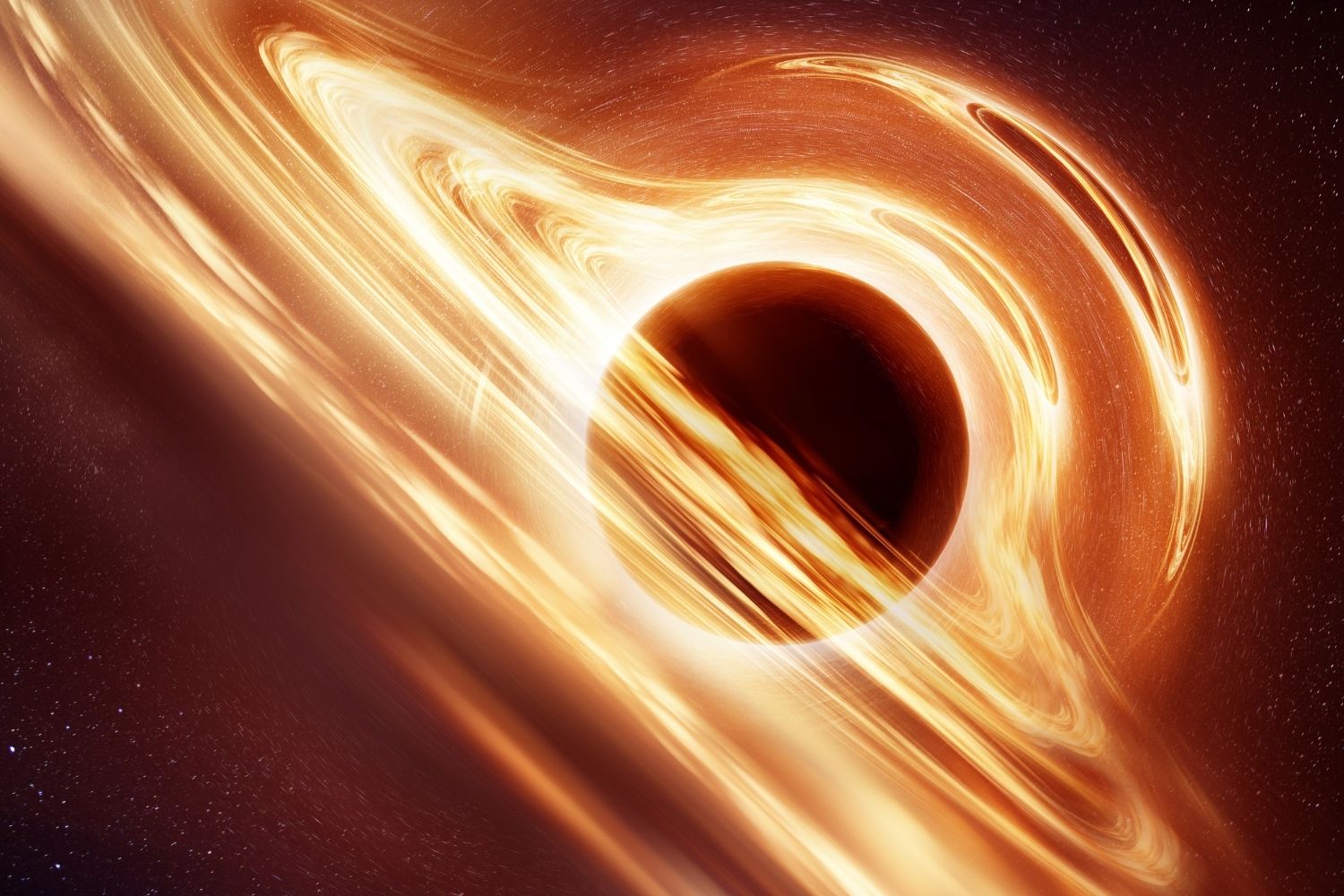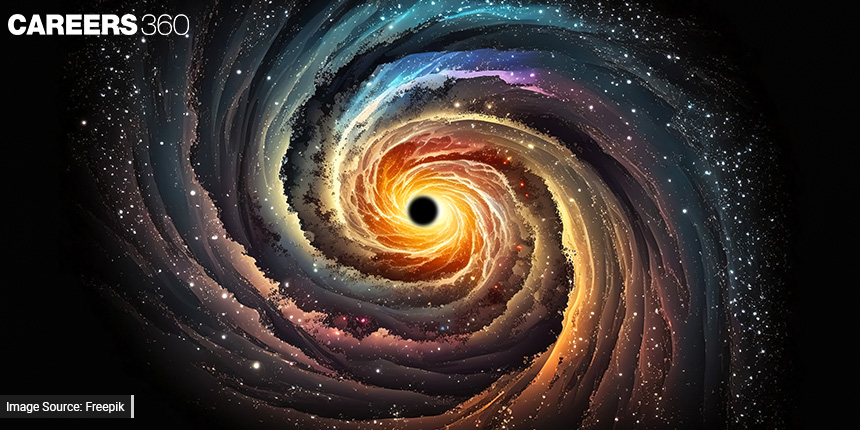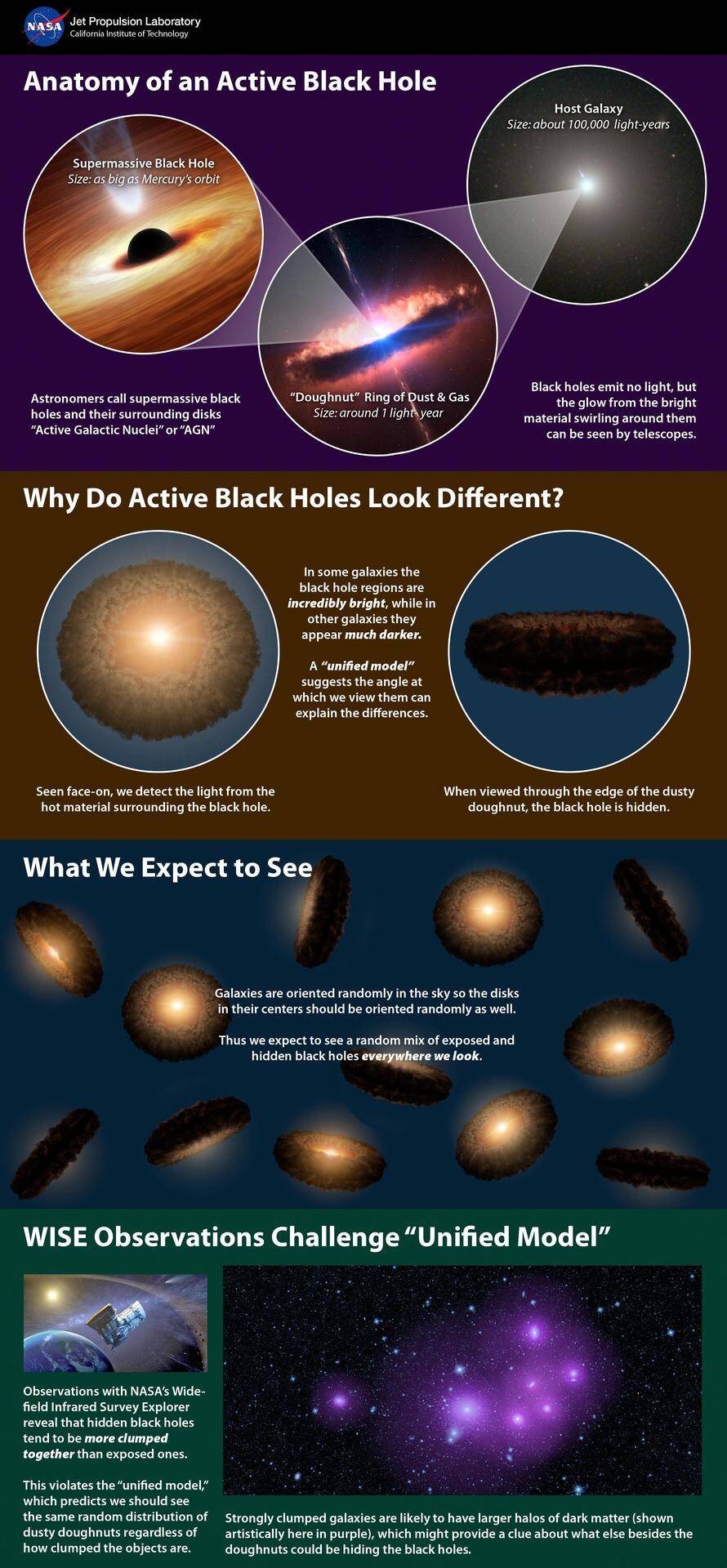Exploring Black Holes: A Comprehensive Guide To Cosmic Phenomena

Black holes are among the most enigmatic and fascinating objects in the universe. These cosmic phenomena challenge our understanding of physics and the very fabric of reality. In this guide, we will delve into what black holes are, how they form, their significance in astrophysics, and the latest research developments, particularly highlighting the groundbreaking contributions of Stephen Hawking.

Introduction to Black Holes
At their core, black holes are regions in space where gravity is so strong that nothing, not even light, can escape their pull. This immense gravitational force occurs because a substantial amount of mass is compressed into a very small volume. The boundary surrounding a black hole is known as the event horizon. Once an object crosses this threshold, it cannot return. Inside the event horizon lies the singularity, a point where density becomes infinite and known laws of physics break down.
Understanding black holes is crucial for unlocking mysteries about the universe and our place within it.

The Physics of Black Holes
The study of black holes is rooted in two key theories: general relativity and quantum mechanics. General relativity, proposed by Albert Einstein, describes how massive objects warp space and time. According to this theory, when a star exhausts its nuclear fuel, it collapses under its own gravity, potentially forming a black hole.
Conversely, quantum mechanics explains the behavior of particles at the smallest scales. One of the most significant ideas introduced by physicist Stephen Hawking is Hawking radiation. He theorized that black holes can emit radiation due to quantum effects near the event horizon. This concept implies that black holes are not entirely black; they can lose mass and eventually evaporate over time, challenging our understanding of these cosmic giants.
Stephen Hawking's Contributions
Stephen Hawking revolutionized our understanding of black holes with his groundbreaking theories. His work in the 1970s introduced the concept of Hawking radiation, fundamentally altering how scientists view black holes. He argued that black holes could emit radiation and eventually evaporate, which contradicted the previously held belief that nothing could escape from them.

One notable example of Hawking's impact is his collaboration with physicist Jacob Bekenstein. Together, they developed the Bekenstein-Hawking equation, linking black hole entropy to the area of the event horizon. This insight has profound implications for thermodynamics and quantum gravity.
Hawking's theories remain relevant today, guiding ongoing research in black hole physics and offering a framework for understanding the universe's evolution.
Observing Black Holes
For years, observing black holes was a daunting challenge due to their nature. However, recent technological advancements have made it possible to study them more effectively. The Event Horizon Telescope (EHT), a global network of radio telescopes, captured the first-ever image of a black hole in 2019. This milestone focused on M87*, a supermassive black hole located in the center of the galaxy M87.

Observing black holes involves sophisticated techniques. Scientists use indirect methods, such as monitoring the motion of nearby stars or gas clouds, to infer the presence of a black hole. The challenges of observing these cosmic phenomena require innovative solutions, but each discovery brings us closer to understanding their nature.
Implications of Black Holes
Black holes play a crucial role in cosmology and our understanding of the universe's expansion. They are believed to influence the formation of galaxies and the distribution of matter in the cosmos. For instance, the supermassive black hole at the center of our galaxy, Sagittarius A*, significantly impacts the surrounding stars and gas.
Moreover, ethical considerations arise in black hole research. As scientists explore the implications of black holes, they must grapple with the potential consequences of their discoveries, including the impact on our understanding of time, space, and the universe's fate.

Future of Black Hole Research
The future of black hole research looks promising. Ongoing projects, like the EHT, continue to enhance our understanding of these cosmic giants. As technology advances, researchers are exploring new methods to study black holes, including gravitational wave detection. The detection of gravitational waves from colliding black holes has opened a new avenue for understanding their properties.
Looking ahead, scientists hope to create simulations and models that could reveal even more about black holes and their role in the universe's evolution. Collaboration among global researchers will be key to unlocking these mysteries.
Conclusion
In summary, black holes are fascinating cosmic phenomena that challenge our understanding of the universe. From their formation and the physics that governs them to the contributions of pioneering scientists like Stephen Hawking, there is much to learn. As research continues to evolve, black holes will undoubtedly remain a source of intrigue and discovery.
Explore further into the mysteries of black holes, and join the conversation about their implications for our understanding of the cosmos. Visit our related articles on black hole formation, Hawking radiation explained, and observing black holes to deepen your knowledge and satisfy your curiosity.